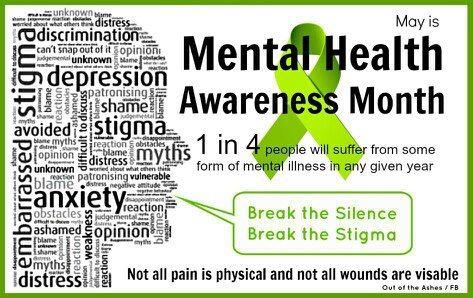
Photo from the gardens at Bed and Breakfast on Tiffany Hill near Asheville, NC
When was the last time you packed for a trip? It can seem like a million decisions to make: How many days do I need to pack for? What will the weather and temperature be like? What type of scenarios do I need to plan for? What shoes? And the list goes on and on. Now, factor in all of the extra supplies that living with diabetes requires. It may leave you with decision fatigue and mentally exhausted from making so many decisions. We now find ourselves experiencing this first hand, wrapping up a million loose ends in the office and packing our own suitcases to hit the road for work, then for a few days of relaxation and beautiful new views.
What is decision fatigue?
If you are not familiar with the term “decision fatigue”, it basically means deteriorating energy and focus following a long session of decision making. It can result in making less than optimal decisions.
Just day to day life may leave you experiencing decision fatigue…what to eat, how much to eat, when to eat, when to exercise, how much to exercise, how to remember to take any medicines at the right time and in the right dose, when to check blood glucose, when to go to bed, what to do for self-care and stress management…and the list goes on and on. Various sources estimate that an adult makes about 35,000 conscious decisions each day. That number of decisions may sound unreal, but in fact over 225 of those decisions each day focus on food alone. We also know that if you follow all of the diabetes self-care guidelines and incorporate all of the related action items into your daily routine, it consumers over 2.5 hours a day! And that leads to more decisions. How many of the recommendations do you or can you incorporate? How realistic is it to try to do “everything”?
Embrace a minimally disruptive approach
You may have heard of the concept of minimally disruptive medicine or MDM. If it’s new to you, it’s a very interesting approach to managing diabetes, focusing on balancing workload and capacity with the ultimate goal of reducing the burden of treatment of having a chronic condition. The idea is to customize clinical recommendations and guidelines and create true person-centered care. So medicine is not one size fits all. Making the conscious choice to individualize guidelines may help decrease decision fatigue. (This is just the tip of the iceberg of MDM, we hope to write more about it in a later blog) Having to weigh all of the options regarding care, and making daily decisions increases the burden of living with diabetes.
4 Solution- Focused Tips to decrease the burden:
When there are many decisions to be made, sometimes it is challenging to know what should come first, what is essential to your health and well being, and what can you postpone, delay or decide not to do. You can prioritize your issues and concerns in order to design solutions that work for you.
1. Simplify the choices you need to make throughout the day. Maybe it’s mapping out a 1 mile or 2 mile path so that you can go on “autopilot” when you go out to walk or jog and don’t have to decide where to go. Maybe it’s pre-portioning out a mix of healthy nuts (or other snack) into zip top bags or small airtight containers in amounts that work for you. Then when it’s time for a snack you don’t have to decide what to eat.
2. Do hard work early in the day. This is a tip we’ve shared before [read it here]. The mind is fresher and more creative in the morning. Plus,it can help you feel accomplished to get hard things done and out of the way. Maybe it’s planning meals and making a shopping list. Maybe it’s fitting in exercise before noon so it doesn’t get pushed out of the way by other things that pop up during the day..
3. Schedule similar tasks together. Take running errands for instance. Maybe you need to swing by the pharmacy to pick up a prescription. The pharmacy is next to the grocery store. You know you need to pick up a few things to have on hand for breakfast, so you knock out both errands at once and you don’t have to decide when to fit in the grocery run.
4. Make the decision to get started. Maybe you’ve been off track with eating and realize you need to renew your focus on portions and associated carbohydrate content but just can’t seem to get started. Make the decision to start by downloading an app to help you get focused. Or start by making a list of foods you eat frequently. You’ll have that at your fingertips to fill in carb count for the amounts that work for you.
No matter how rational or sensible you are, you simply can’t make decision after decision without paying a mental price. And unlike physical fatigue—which we are consciously aware of—decision fatigue often happens without us knowing. By reducing the amount of decisions you make every day, you free up space for the ones that really matter!
Since May is Mental Health Awareness Month we wanted to share these resources about Diabetes and Mental Health. As we write and develop our blog and content we actively seek to focus on the need for tools and strategies to support positive mental health. Both diabetes and mental health carry a stigma which may lead to silence and not seeking help or support. Reach out to someone today, you might just be the one thing they need!

Subscribeto our blog and we’ll email you when a new post is published!
Follow us on Twitter and Instagram @AFreshPOVforYou.
